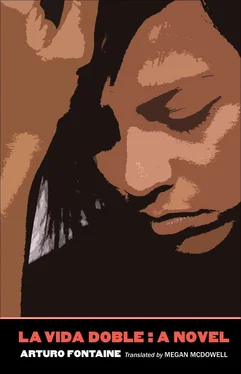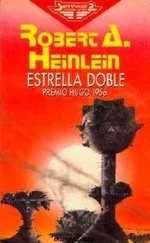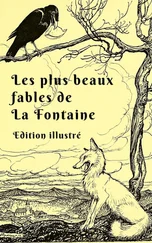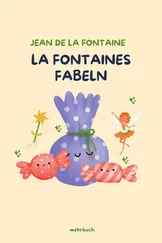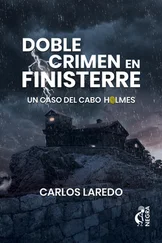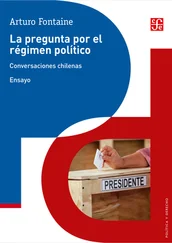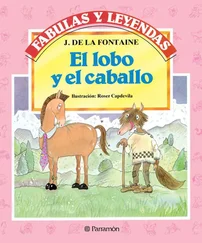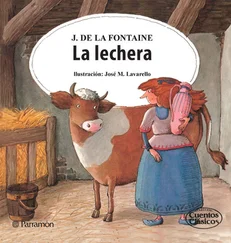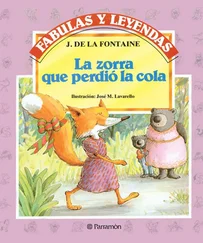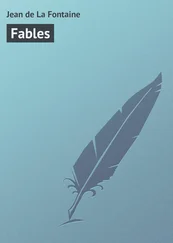Arturo Fontaine
La Vida Doble
And I am dumb to tell the hanging man
How of my clay is made the hangman’s lime.
— Dylan Thomas
Lo que hace un hombre es como si lo hicieran todos
los hombres.
(Whatever one man does, it is as if all men did it.)
— Jorge Luis Borges
L’examen de conscience est un jeu crépusculaire oú le
scrupuleux perd à tous les coups.
(The examining of conscience is a crepuscular game
where scruples lose every time.)
— Régis Debray
Can I tell you the truth? That’s a question for you. Are you going to believe me? That’s a question only you can answer. All I can do is talk. It’s up to you whether you believe me or not.
I left the currency exchange with all the money on me. Thirty thousand dollars in cash, and a little over four million pesos. Canelo was next to me, Kid Díaz or Kid of the Day, as we called him, was a bit behind us.
“Run, Irene!” Canelo shouted at me. “Run!” And doubling over just as we’d been trained to do, hunching down and moving sideways to minimize exposure to the enemy, he covered my retreat, scattering lead from his Smith and Wesson.44 Magnum revolver. But not me. I ran for a stretch and then walked a few yards. When I saw that none of the people fleeing in terror from the sound of the bullets took any notice of me, panic overcame me and I threw myself to the ground and hid under a parked truck. Inexplicable, in a trained combatant like me. I told myself: I’ll wait for the bullets to stop and then I can get out and walk away naturally. But really, when the moment of truth came, I chickened out. And I had the money on me. Those are the facts. An instant before, anything had been possible; an instant later, destiny had me cornered, the bridge was cut off, I couldn’t go back. Never again. I get dizzy thinking about it. But that instant existed, that free and open field was real, and a tenth of a second later it had disappeared forever: I was a prisoner.
The acid of fear dissolved my spirit. I wanted to survive. I wanted more time. I panicked at the thought of living through the duration of my death. Fear of the annihilating wounds, the agonizing and inexorable proximity of the void, and in the meantime the torturous bleeding out that slowly transforms living into dead. I think of Canelo: there was, of course, an instant when he could have escaped and survived the way I did. But he didn’t do it. Did he think he could face battle and come out of it alive? Did he even ask himself that, or did he do his duty out of instinct?
As I look out the window at the Baltic Sea, hulking ships are coming into port. And I imagine my daughter, Ana, on a lonely fishing boat at dusk, tipping my ashes from their urn into the sea off the coast of El Quisco. From here in Stockholm, Chile seems like a slim cornice suspended between the Andes and the ocean. What I’m telling you now happened there, a long time ago. I have a good memory. Not as good as Gato’s, of course. There’s no one with a better memory than him. You know what? He could remember entire portions of a person’s testimony during an interrogation and repeat them the next day to demonstrate a contradiction.
Hey, speak a little louder. Raise your voice, OK? I’m getting pretty deaf, let me tell you. I always thought deafness would be silence, darkness, an absence, the same way blindness is. But no. Deafness is a constant noise, a buzzing in your head that keeps voices and sounds from reaching you and forces you to hear only what’s going on inside you. Deafness more than blindness, I think, leaves you alone, with no company except your own unceasing buzz.
And so, without dropping my leather purse that was bulging with bills, I crawled under that goddamn truck. Some people went running past, but there were no more shots fired. I peeked my head out from under the truck and saw a gun pointed at my head. It was a relief. The mission was over. The guy aiming the gun at me was a young kid, skinny, not very tall, blue jeans, green shirt. Was it fear that made him breathe so hard? No one would have guessed he was an agent. I never found out his name. Later, I would meet him again in the nightclub at that house in Malloco. But I don’t want to tell that part yet, I want to go in order; it isn’t easy, though, memory doesn’t work that way.
I dropped the purse slowly so he wouldn’t get frightened and shoot me. He kept repeating his order like a madman. I didn’t feel guilty in the slightest. I was shaking, but inside, a delicious peace was overtaking me. I no longer had to choose. Everything had been consummated. Though of course, it hadn’t. Another man came, very tall and agitated, with a thin moustache and salt-and-pepper hair. Someone else I couldn’t see came up behind me and roughly twisted my right hand behind my back until it hurt; they ordered me to put my left hand on the nape of my neck. I felt a cuff closing around my left hand and a painful yank on the right, and my hands were immobilized behind my back. I saw the man’s violent eyes and I heard a shout. They were waving the bills in front of my face and I was saying that yes, they were mine. I never found out who that tall man with salt-and-pepper hair was. They must have transferred him to a different unit soon after. And the kid with the green shirt held my own Beretta to my temple.
Just then, Macha appeared. They called his name and I turned to face him. As I recognized him, I thought: Canelo is dead. That’s what I thought as my eyes suddenly met his and my body was petrified. He had killed, he had killed recently. I had no doubt. He was coming from killing Canelo. I didn’t know it was possible for a person’s gaze to be so intense and direct and simple. I didn’t dare lower my eyes out of fear that the moment I did, he would kill me. But holding his gaze was insolent as well and he could kill me for it, so I slowly lowered my lashes.
Of course, we had been told about him; I had even seen a photo that someone managed to take of him from far away, but it was blurry and he was hard to make out. He had been shot in the leg once during a raid, and he limped a little. They never found out who fired the shot. It could have been friendly fire. Most likely. It was said that he handled us, he was the chief operative charged with wiping us out. That much we knew. And he knew that we knew. I don’t think he ever found out who our source was, but he must have suspected it was someone close to him. Once, we managed to leave a warning message on the windshield of his white car, a.8 Corona, which was in the parking lot of the guarded building where he lived. He moved to a new apartment and traded his car for a Toyota 4×4, red. And in less than a month he found the same kind of warning on its windshield. I didn’t participate in those missions. I never knew how they did it. But now I think I know who our contact inside Central was. Yes. Maybe.
And one day we threatened him by putting a false bomb in his son’s preschool classroom. Four years old, the kid must have been then. It was my job to go to the “meet” and hand over the Vietnamese IED they used to a combatant from another cell. A cone made out of a simple cooking pot filled with screws and nails. But someone warned him. We never would have set it off. It didn’t even have a detonator. Macha went to the kindergarten himself with three cars full of thugs from Central who went running in and disarmed the device. Macha came tearing out of the building clutching his little boy in his arms. He put him into a different preschool, enrolled under a false name. It was our third warning. So he would look the other way, to get rid of us.
Читать дальше
